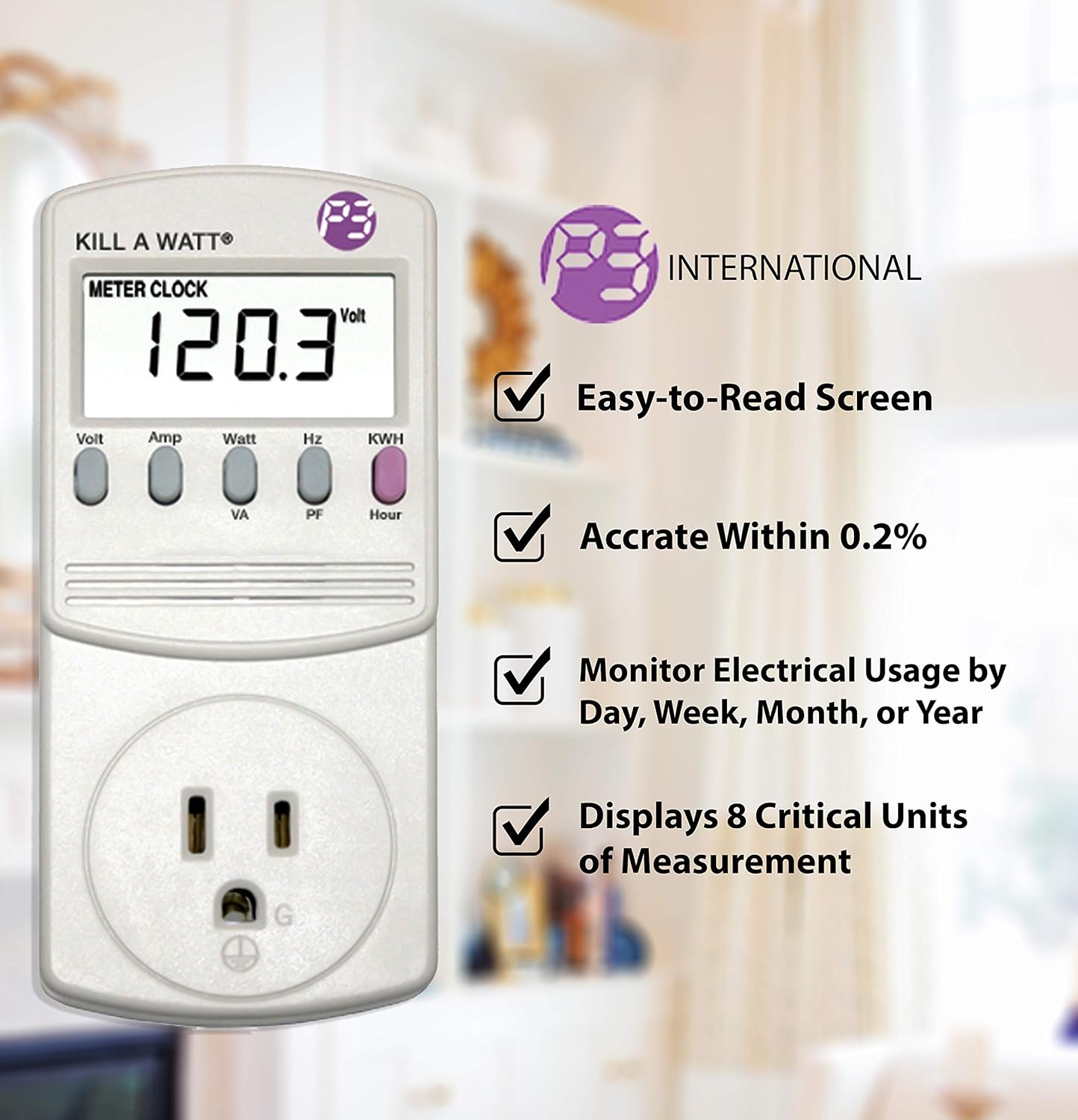That isn't much draw, but I know from experience in my old van that there will be plenty of times when I will travel in climates which result in me wanting to run the vent-fan day and night, 24/7, and in situations where I might be stopped for days and days, perhaps in the shade where it is still hot enough to want to run the fan but the shade will block the solar panels I plan on getting. I want to be prepared for the worst, being able to charge the battery by three options:
1) 300 watts of solar panel (because 400 watts worth won't fit on my roof) with MPPT controller,
2) by alternator (using Renogy's 20amp DC to DC charger), and
3) with shore power, using an AC to DC smart charger.
At the moment what I am most confused about regards the third option--shore power and what charger to get. A technician at Renogy told me they do not sell an actual charger and suggested I get the Noco Genius 7200, 15,000 or 26,000. Seeing the small size of the Noco Genius 7200, I was all excited to finally have a definite idea of what components to get and that it wouldn't take up much space, but then while reading the reviews of the Noco Genius, I noticed that someone said you should not be discharging your battery (aka living in your van, in this case) while charging it. Hmmm.... Then what have full-timers been doing all this time? So I chatted with Noco's tech support and he also backed up what that reviewer said, telling me that since it is a smart charger, it might not be putting out 5amps at any given time and therefore might not keep up with my vent-fan's 5amp draw if I'm running my fan on maximum hour after hour (plus the small draw from the LEDs). On the other hand, he said that a non-smart charger which just gives it a steady charge wouldn't be good for the battery. He said if I absolutely must use the battery while being charged maybe I could put the Noco unit in 5amp continuous DC supply mode, but didn't have much explanation beyond that, and left me thinking that it would be bad to do that regularly to my expensive litium battery. All this has me wondering how people live in their RV vans while keeping their battery on a charger. So I called Renogy tech guy back, but since he is not an RV guy he didn't have much to say. He defaulted to mentioning an inverter-charger--an option which I see no point in getting, if I understand correctly, and which doesn't solve the dilemma. I have a little 500 watt pure sine wave inverter I can hook up if I need it for occasionally charging my shaver, and can get a DC charger for my laptop, I believe. Also, all the inverter-chargers I saw online were huge in watts and in the space they would take up in my tiny van. Besides, my 12v Maxxair doesn't use an inverter, so his recommendation made no sense.
I am trying to understand: What is the recommended way (when the sun is not shining to charge my battery through the solar panels) to keep my battery charged via shore power while I am also drawing current from that battery (living in the van)? Would I be fine with the Noco Genius in 5amp continuous supply mode? In regular smart charge mode? Or is there something I'm missing here? Is there a better charger that senses the load on the battery and compensates?
Regarding the option to charge from the alternator, I also can't seem to get a straight answer. The Renogy tech guesses that my alternator would be fine with their 20amp DC to DC charger, and that the worst that would happen is my battery doesn't fully charge, not that the alternator fries. I understand it would take about 5 hours at highway speed to charge a 100ah battery with a 20amp charger this way. Would it in fact strain the alternator? Would it put a dent in fuel economy? Is there really no point in trying to bring the alternator into the equation if I can fit 300 watts worth of solar panels on my roof? Would 300 watts of panels be enough to keep up with 24/7 usage of the Maxxair fan on max?
Thanks for helping me understand. I am groping in the dark here. It will be nice when I can finally identify exactly what components I'll need so I can get started.





